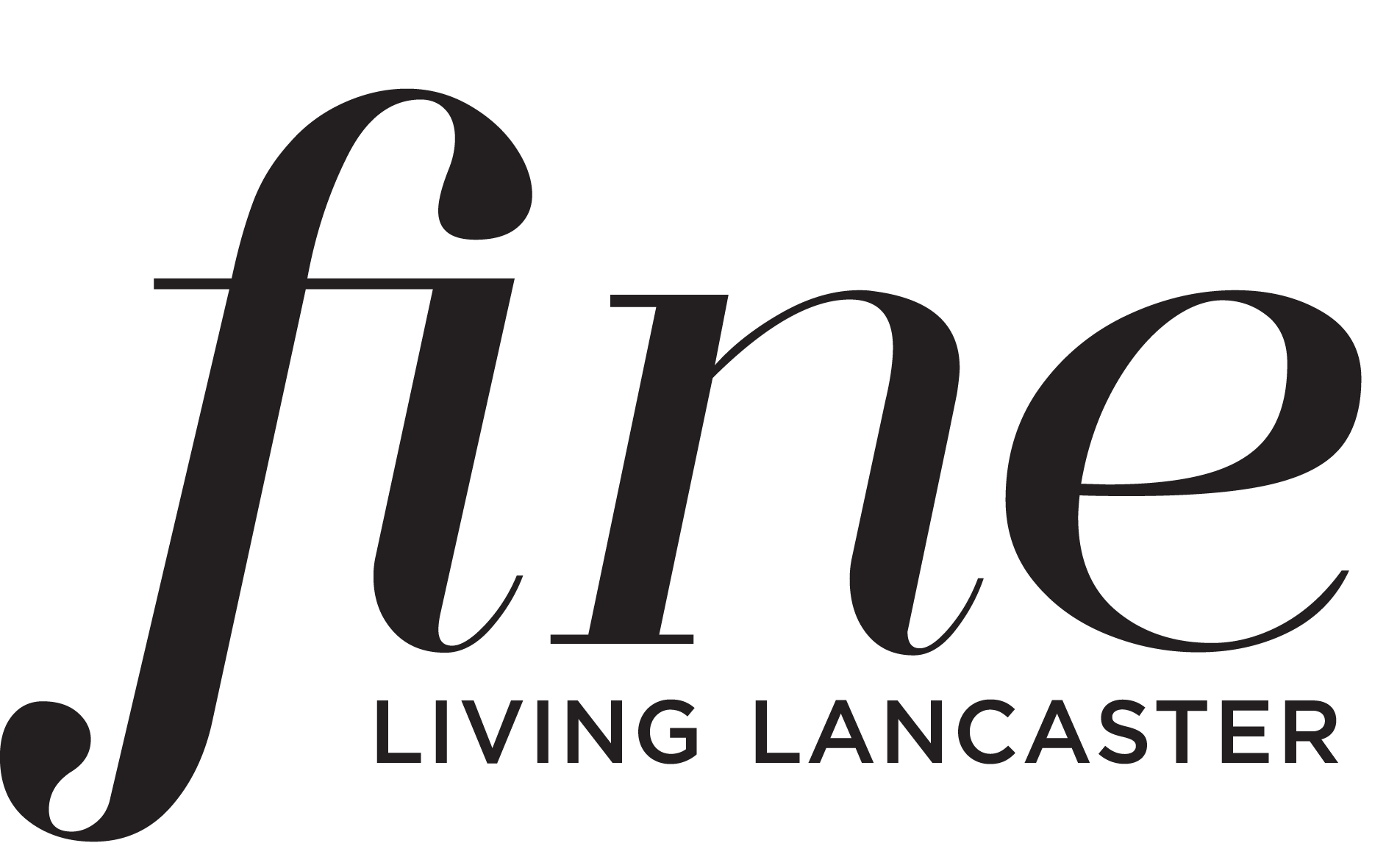Read with Patricia McCormick
The Plot to Kill Hitler Dietrich Bonhoeffer: Pastor, Spy, Unlikely Hero
By Patricia McCormick
Once again, award-winning author Patricia McCormick has written a young adult book that’s appeared on shelves just when we needed it most.
“The Plot To Kill Hitler” tells the true story of Pastor Dietrich Bonhoeffer, a member of the Nazi resistance. Though most of us are aware of the horrifying events of the Holocaust, the individual stories of those who tried to alter the course of history—like Bonhoeffer—often go untold.
Bonhoeffer was born into a privileged, Christian household in Germany. Along with his family, he could have remained safe if he had remained quiet. Instead, along with friends and family, he refused the path of turning a blind eye and fought against the injustices of Hitler’s dictatorship. McCormick deftly tells his story so that everyone—young and old alike—can learn from the many necessary and valuable lessons of his story.
Fine Living Lancaster: Your books are always both timeless and timely in their subject matter. In 1990, you wrote your award-winning novel Sold, focusing on the sex trafficking of children, and just recently actor Ashton Kutcher went before a U.S. Senate committee decrying the evils of this continued horrific practice. Your new book details the life Dietrich Bonheoffer, whose name is suddenly popping up everywhere, both recognizing and remembering his brave struggle to stop Hitler. Why did you decide to write about Pastor Bonheoffer?
Patricia McCormick: Deitrich Bonhoeffer is intriguing because he was a man of God who was so appalled by Hitler that he signed on to break the very Commandments he had sworn to uphold. He was so committed to his fellow man that, even though he had a safe place in the United States where he could wait out the war, he took that last steamer across the Atlantic to stand up to Hitler. He is the man who said, ‘To do nothing in the face of evil is evil itself.’ He’s inspired the activists of the civil rights movement here and the anti-apartheid movement in South Africa. But few people knew his story.
FLL: To what do you attribute to your ability to see the need to share these stories before others do?
PM: Well, this was a personal journey. I was looking for role models as I decided how to respond to a situation when my government was doing something that I opposed. But it does seem timely now that half of our country seems to be taking to the streets to oppose our current government. I suppose that I still have a journalist’s instincts. I must have sensed, somehow, that a story of ethical resistance would be current again.
FLL: As I was wandered through our local bookstore to buy a copy of your new book, I noticed in the Young Adult section title after title of either dystopian or romance novels. Do you find it difficult to have the freedom to write about the types of timely and relevant, but often difficult, topics on which you focus? (Including self-harm in Cut, modern slavery in Sold, and the Cambodian Genocide in Never Fall Down, to name a few.)
PM: It’s getting harder for YA authors to write outside the bounds of their experience: outside their race, gender, ethnicity. Editors are looking for ‘own voices,’ writers of the same race, gender, ethnicity of their characters. While I think this is a laudable goal—we desperately need the authenticity and gut-check reality of books in these voices—I think that it may chill authors from taking on stories outside their own experiences. The assault on a handful of books that were insensitive to the communities they purported to represent was so fierce that some editors I talked to recently said they are buying “defensively,” meaning they are buying manuscripts that won’t be attacked.
That said, this heightened awareness is a call to all authors to ‘get it right,’ to do the research, to have the empathy, to get inside someone else’s experience and render it with respect and authenticity.
FLL: I would guess that based on the topics of your books, educators would be a supportive group of readers. Is this true?
PM: I am so grateful for the support of teachers and librarians. Without them, my books would never find the readers who need them. My books aren’t going to jump off the shelves: they need to be placed in the hands of the kids who are questing for social justice or searching for answers for questions in their own lives. And even though the books take on controversial topics, educators are very brave about embracing them. Because all it takes is one angry parent to sideline a book.
FLL: The book jacket details your research journey from Bonheoffer’s home to the place of his death, the Flossenburg concentration camp. How did following and writing about this journey change you?
PM: Going to the concentration camp was especially important to the book. It was there that I found evidence that Bonhoeffer was the first person to document the deportation of Jews from his neighborhood in Berlin. Then I went to his home and saw that the train station was only a few blocks from his house. Everyone in Berlin could see what was happening. But only he had the courage to bring it to the world’s attention. His actions make me alert, now, to what is happening right under my nose and ask me to consider what I will do.
FLL: Your book reminded me of something we often forget while watching Hollywood films or reading condensed versions of history in textbooks dealing with WWII: Adolf Hitler’s rise to power did not take place overnight. The German people were not surprised by his actions and, in fact, everything he said he was going to do is what he did. The overarching question then becomes—why are some people able to see the truth and horror before others? How do you think your role as a writer contributes to our being able to see the truth?
PM: Hitler ruled by fear. He also offered rewards to those who didn’t speak out against him: a roaring economy, a military to be proud of, a reinvigorated national identity. They were lulled into a kind of stupor that blinded them. And Bonhoeffer, as a member of the privileged class, could have easily gone along with Hitler’s regime; he wasn’t being directly hurt. I think it’s empathy – the ability to imagine what it’s like to be in someone else’s shoes – that separates the upstanders from the bystanders.
Writers have a special privilege and a special responsibility to use their gifts, to use their platforms, to encourage the kind of understanding and empathy that leads to action.
FLL: What did Dietrich Bonhoeffer teach you?
PM: Not to be afraid to speak the truth.








